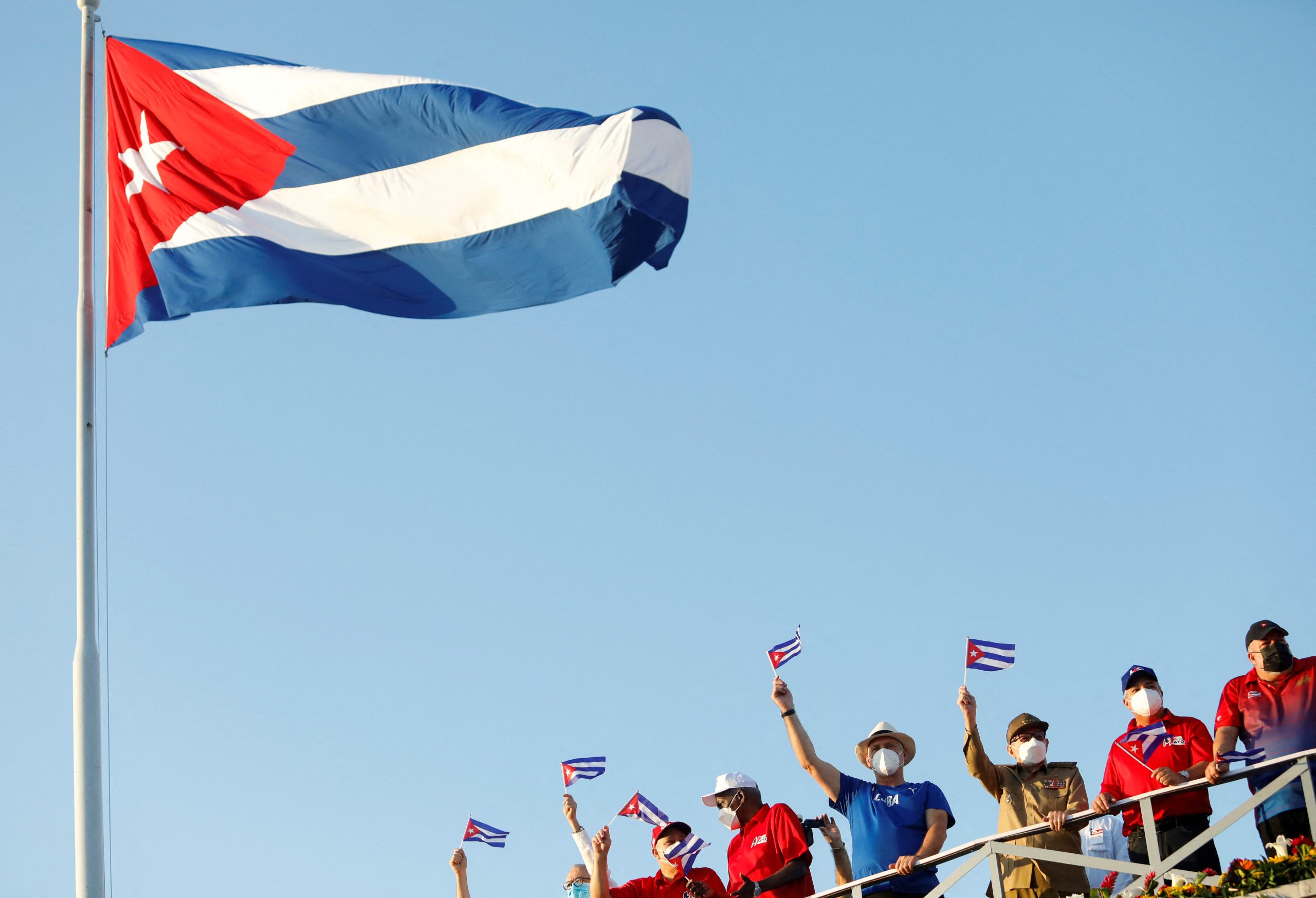
Willie R. Tubbs, FISM News
[elfsight_social_share_buttons id=”1″]
Friday, the U.S. Department of State lashed out at the government of communist Cuba for its handling of the people who participated in a large, pro-human-rights demonstration almost a year ago.
After having held well over a thousand protesters in prison for nearly a year in what was deemed “preventative jail,” Cuban judges have begun handing down sentences to some, though by no means all, of the people who picketed on July 11, 2021. Now, the State Department is seeking to ramp up pressure on the Cuban regime through normal diplomatic channels as well as a social media campaign that has been organized under the hashtag #JailedforWhat.
“On July 11, 2021, the Cuban people inspired the world as they peacefully protested for fundamental freedoms,” tweeted Ambassador Brian A. Nichols, Assistant Secretary for Western Hemisphere Affairs. “Sadly, one year later, 700+ protestors remain detained, and hundreds have received prison sentences. Join us as we ask #JailedForWhat and call for their release.”
On July 11, 2021, the Cuban people inspired the world as they peacefully protested for fundamental freedoms. Sadly, one year later, 700+ protestors remain detained, and hundreds have received prison sentences. Join us as we ask #JailedForWhat and call for their release. pic.twitter.com/QtnLqzBM52
— Brian A. Nichols (@WHAAsstSecty) July 1, 2022
While it is unlikely a social media campaign will inspire any changes from a Cuban government that has, as previously reported on FISM, opted to ban citizens from social media, diplomatic pressure might yet prove effective for a Cuban government whose economy has been mostly cut off from the United State for generations and whose non-party citizens have long lived in abject poverty.
But diplomatic pressure requires consequences, not just idle statements and social media hectoring. Thus far, the U.S. has offered little consequence other than an odd mix of ceremonial gestures and an easement rather than tightening of restrictions.
The State Department previously banned select Cuban officials from entering the United States for their role in the detention of protestors, but eight canceled visas have had no effect on the treatment of the prisoners.
In May, the Biden administration also dialed back many Trump-era restrictions against Cuba, a move the administration said would help the Cuban people find a better life by establishing a closer connection to the United States business opportunities and allowing greater sums of money to be wired to Cuba by people in America. However, this plan was created without the inclusion of an accountability structure that would prevent the Cuban government from profiting off of an increase in wire transfers.
Friday, State Department spokesman Ned Price released a statement in which he promised that the nation would “continue to work with our partners around the world to demonstrate our collective support for the rights of Cubans who are unjustly detained.”
Price revealed the State Department was aware of 550 Cuban protestors, at least 20 of whom are minors, who have been issued sentences totaling more than 4,000 combined years. That’s an average sentence of a little over seven years per protestor, each of whom faces forced labor and other harsh treatment. Additionally, more than 700 protestors remain jailed, still awaiting trials that will almost certainly result in lengthy and brutal sentences.
The Cuban government has stated that these protesters were guilty of engaging in violence, but the State Department says this is a lie.
“Hundreds of protesters languish in jails on arbitrary charges because they criticized the regime and its leaders,” Price said. “Despite video and photographic evidence to the contrary, the Cuban government attempts to justify their detentions, prosecutions, and draconian sentences by falsely claiming the protests were largely violent.”
Price later added, “These injustices have clear aims: to prevent Cuban citizens from asserting their rights and create fear of reprisals. Cubans have a right to freedoms of expression and peaceful assembly under Cuba’s constitution and as set forth in the Universal Declaration of Human Rights. The Cuban government must allow its people to freely express their hopes and aspirations, rather than rule through fear and intimidation.”
The State Department did not offer any details of specific steps it would take with its international partners to effect a positive change for the Cuban protestors.
